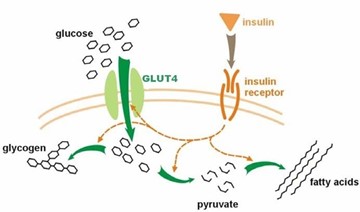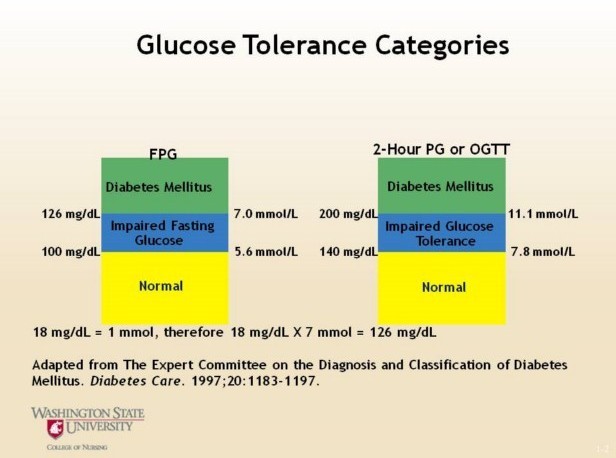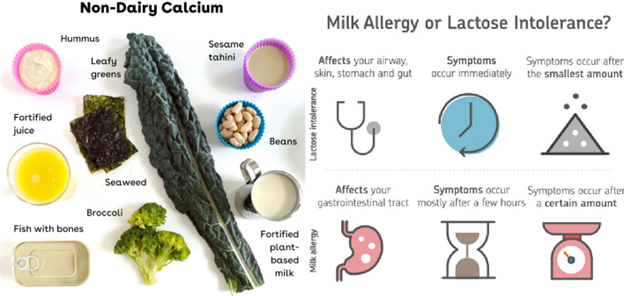A diagnosed type 2 diabetes Patient was recommended to follow a 1200-calorie diet and exercise plan. The patient tells the nurse, “I hate to exercise! Can't I just follow the diet to keep my glucose under control?” The nurse teaches the patient that the major purpose of exercise for diabetics is to?
facilitate weight loss, which will decrease peripheral insulin resistance.
improve cardiovascular endurance, which Is important for diabetics.
set a successful patern, which will help in making other needed changes.
increase energy and sense of well-being, which will help with body image.
The Correct Answer is A
Exercise can help to lower blood glucose levels by improving insulin sensitivity and glucose uptake by muscles. It also helps with weight loss, which is important for managing type 2 diabetes since excess weight can make it harder for insulin to work properly. The nurse can also discuss with the patient other ways to make exercise more enjoyable, such as finding a physical activity that they enjoy, like dancing, swimming, or walking with a friend or family member.

Nursing Test Bank
Naxlex Comprehensive Predictor Exams
Related Questions
Correct Answer is A
Explanation
This statement is correct. Impaired fasting glucose (IFG) is a condition in which the fasting blood glucose level is higher than normal but not high enough to be diagnosed as diabetes. However, people with IFG are at increased risk of developing type 2 diabetes and cardiovascular disease. Weight loss and exercise can help to prevent or delay the onset of diabetes and reduce the risk of cardiovascular disease.

Correct Answer is A
Explanation
Broccoli and kale are good sources of calcium, and by adding them to their diet, the client can increase their calcium intake without consuming milk. It is important to note that some calcium supplements may irritate the stomach but stopping them altogether is not advisable without consulting a healthcare provider. Vitamin D is not a milk product, and it is essential for calcium absorption. Avoiding foods with vitamin D can worsen the low calcium levels. Cheese is a milk product and may not be suitable for someone with a milk allergy.

Whether you are a student looking to ace your exams or a practicing nurse seeking to enhance your expertise , our nursing education contents will empower you with the confidence and competence to make a difference in the lives of patients and become a respected leader in the healthcare field.
Visit Naxlex, invest in your future and unlock endless possibilities with our unparalleled nursing education contents today
Report Wrong Answer on the Current Question
Do you disagree with the answer? If yes, what is your expected answer? Explain.
Kindly be descriptive with the issue you are facing.
